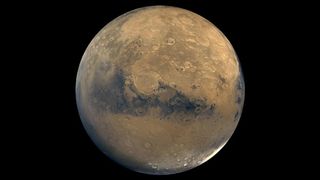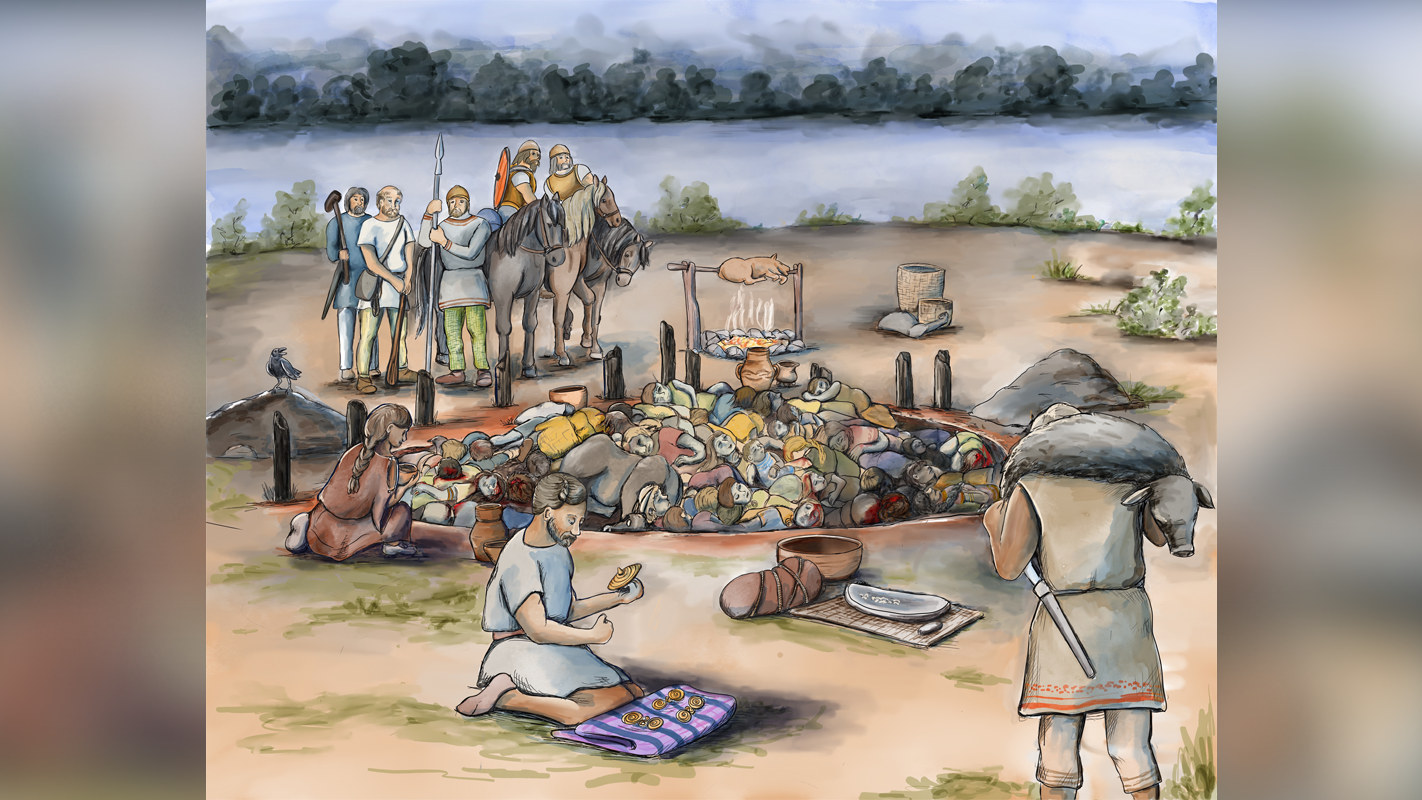
Stephanie Pappas
Stephanie Pappas is a contributing writer for Live Science, covering topics ranging from geoscience to archaeology to the human brain and behavior. She was previously a senior writer for Live Science but is now a freelancer based in Denver, Colorado, and regularly contributes to Scientific American and The Monitor, the monthly magazine of the American Psychological Association. Stephanie received a bachelor's degree in psychology from the University of South Carolina and a graduate certificate in science communication from the University of California, Santa Cruz.
Latest articles by Stephanie Pappas
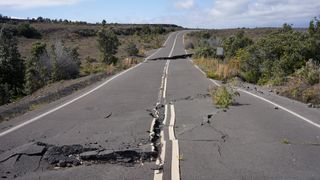
Earthquakes: Facts about why the Earth moves
By Stephanie Pappas published
Discover interesting facts about how big earthquakes can get, why earthquakes happen, and why they're so hard to predict.
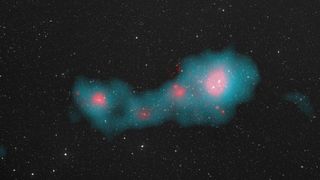
Astronomers discover 'Quipu', the single largest structure in the known universe
By Stephanie Pappas published
Newly discovered Quipu, a superstructure in which galaxies group together in clusters and clusters of clusters, is the largest known structure in the universe in terms of length, scientists claim.
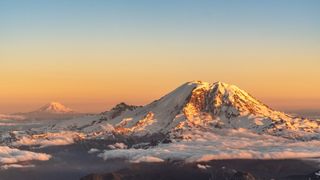
Scientists find giant magma reservoirs hidden beneath dormant volcanoes in the Cascades
By Stephanie Pappas published
The magma system beneath volcanoes may persist even after recent eruptions, a new study finds.
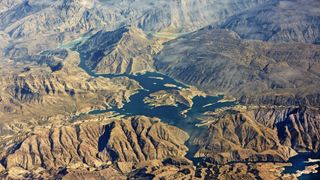
Ocean plate from time of Pangaea is now being torn apart under Iraq and Iran
By Stephanie Pappas published
What was once the floor of an ancient ocean is still shaping the landscape between Arabia and Eurasia.
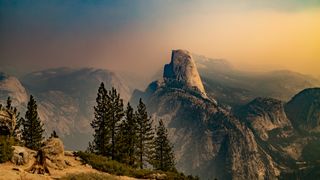
Earth's crust is peeling away under California
By Stephanie Pappas published
A section of the upper mantle and crust under the Sierra Nevada mountains is peeling away, in a process that may mimic how the continents were formed.

Santorini is having a swarm of tiny earthquakes. Is the Greek isle about to erupt?
By Stephanie Pappas published
An uptick in seismic activity on the volcanic island of Santorini has raised concerns about a potential eruption.

Doomsday Clock is now 89 seconds to midnight, the closest yet to catastrophe
By Stephanie Pappas published
The Bulletin of the Atomic Scientists has moved its Doomsday Clock closer to Armageddon than ever before.
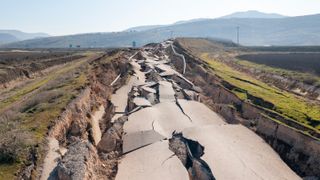
Scientists find hidden mechanism that could explain how earthquakes 'ignite'
By Stephanie Pappas published
How does creeping stress ignite a cataclysmic earthquake? A new study has answers.
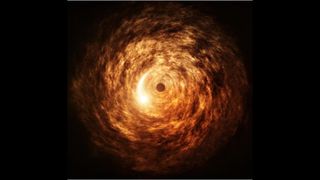
James Webb telescope captures 1st 'mid-infrared' flare from Milky Way's supermassive black hole
By Stephanie Pappas published
The James Webb Space Telescope has captured a mid-infrared picture of Sagittarius A*, filling in a long-standing gap in observations..
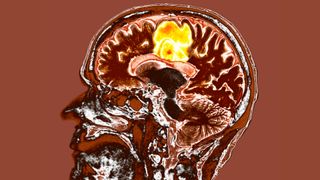
New treatment for most aggressive brain cancer may help patients live longer
By Stephanie Pappas published
Glioblastoma often kills within months. A new targeted radiation therapy may help patients live longer.
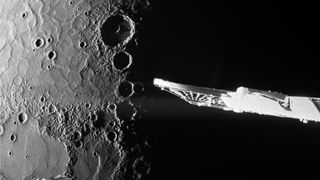
See Mercury's frigid north pole in extraordinary new images from the BepiColombo spacecraft
By Stephanie Pappas published
A joint Japanese-European mission to Mercury just made its sixth flyby of the planet, revealing stunning close-ups of the permanently shadowed craters at Mercury's north pole.
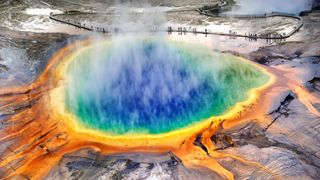
We finally know where the Yellowstone volcano will erupt next
By Stephanie Pappas published
A detailed look at Yellowstone's magma storage system finds that only one region is likely to host liquid magma in the long term.

Scientists find hidden 'hotspot' that helped create the Great Lakes before North America even existed
By Stephanie Pappas published
A hotspot that now lies in the middle of the Atlantic Ocean was once under the Great Lakes, and may explain why they formed where they did.
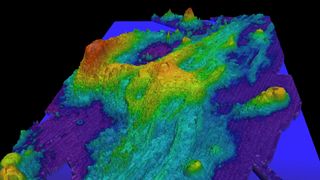
Undersea volcano off Oregon coast could erupt this year, geologists predict
By Stephanie Pappas published
Axial, an undersea volcano off the coast of Oregon is probably going to erupt in 2025.
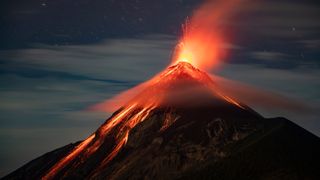
What's the difference between an active, dormant and extinct volcano?
By Stephanie Pappas published
To be considered active, a volcano must have erupted at some point during the Holocene, but dormant and extinct are a little harder to define.
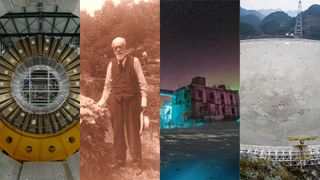
The 10 biggest science experiments on Earth
By Stephanie Pappas published
From a telescope network that spans much of the globe to a psychology study that spans 67 countries, here are the biggest science experiments on the planet.
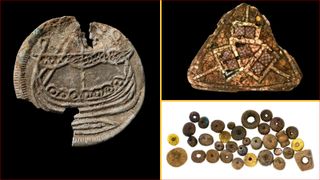
'Vulva stone' and coin jewelry among remarkable treasures discovered at Viking burial site in Norway
By Stephanie Pappas published
An excavation of three Viking graves in Norway reveals beads, coin jewelry and a stone carved to look like female genitalia.

Middle children are more agreeable, humble and honest than siblings, new study suggests. The baby of the family would like a word.
By Stephanie Pappas published
A new study finds that middle kids and kids from larger families are more agreeable, honest and humble than younger and older kids or kids from smaller families, but the results contradict other research on the topic.
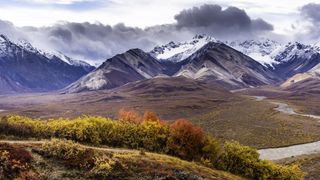
There's a massive fault hidden under America's highest mountain — and we finally know how it formed
By Stephanie Pappas published
Today, the Denali Fault rips apart some of the North American plate, but it was once a place where tectonic plates came together.
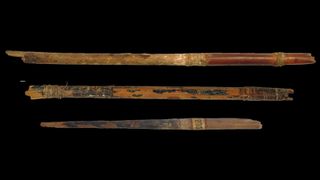
Oldest sinew bowstrings ever found in Europe have been hiding in Spain's 'Bat Cave' for 7,000 years
By Stephanie Pappas published
The bowstrings were found with wood-and-reed arrows and were used by the first European farmers.
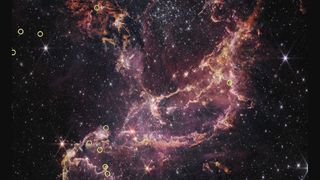
James Webb telescope solves 20-year-old Hubble conundrum — and it could finally explain why the universe's oldest planets exist
By Stephanie Pappas published
The James Webb Space Telescope has confirmed 20-year-old Hubble observations that could finally explain how ancient stars can host massive planets.

What do you know about psychology's most infamous experiments? Test your knowledge in this science quiz.
By Stephanie Pappas published
Quiz From shocking studies to ESP, what do you know about the most infamous and bizarre psychological experiments ever conducted?
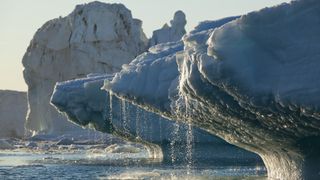
Watch Greenland lose 563 cubic miles of ice in under 30 seconds in disturbing new time-lapse video
By Stephanie Pappas published
Satellite imagery from NASA and the European Space Agency reveal 13 years of melt on the Greenland Ice Sheet.
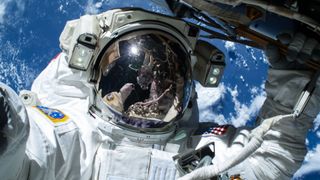
NASA astronauts' return to Earth delayed until at least 'late March' 2025
By Stephanie Pappas published
Due to a delay with SpaceX's Dragon capsule, NASA's Butch Wilmore and Suni Williams, who were meant to spend 10 days in space in June 2024, will now not return to Earth until late March 2025 at the earliest, NASA announced.
Get the world’s most fascinating discoveries delivered straight to your inbox.
